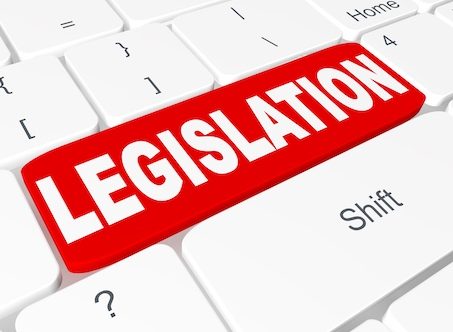Israeli Patent Attorneys Urge Vidal to Reassign Reddit Examiner’s Application
“If some examiners are allowed to do what they want without consequence, we shouldn’t be surprised when they do just that in ways that discriminate based on prejudice and personal animus.”
Representatives of intellectual property provisional organizations in Israel, including the Israel Patent Attorneys Association and the Israeli AIPPI, recently wrote to U.S. Patent and Trademark Office (USPTO) Director Kathi Vidal to voice concerns relating to the anonymous examiner who several weeks ago took to Reddit to discuss examining the patent application of an unidentified Israeli defense contractor.
Reddit User Snoo_86350 posted to a patent examiner Reddit group explaining that they had been assigned to an application owned by an Israeli military company and that they had mixed feelings about allowing the application after “watching news about Columbia campus protests” and being unable to stop “thinking of Gaza Strip where about 2 million Palestinians live, can’t escape and bombarded.” (sic)
The Israeli attorneys wrote to thank Director Vidal for her “recent communication to the USPTO Examiners regarding concerns of potential partiality in the examination process.” This referenced communication to examiners is the leaked email from Director Vidal to all examiners in which Vidal explained that it is “our duty to uphold the laws, policies and values of our agency” and reminding examiners of systems in place should they feel “a personal challenge” is present, which presumably would be of the type that could make it difficult for an examiner to impartially exercise their duties.
Sensible Recommendations
The letter went on to thank Director Vidal for “swift action in addressing internal and external concerns” and her “commitment to fortifying the USPTO’s processes and internal quality checks.” But the attorneys also expressed continued concern “about the potential influence that individual political views may have on the examination of patent applications of Israel Applicants.”
Two very sensible recommendations are made in the letter:
- The Office should undertake measures to ensure that the specific patent application in question is examined without bias in accordance with applicable USPTO guidelines and legal requirements.
- The Office should determine whether statistics demonstrate that Israeli applications or inventors are given worse treatment by USPTO examiners.
“We believe that addressing this matter promptly and transparently is essential to uphold the integrity of the USPTO and ensure fairness for all applicants,” the letter explained.
Obviously, inserting political views or biases of any kind into the examination process is unacceptable, and contrary to U.S. patent laws and the Code of Federal Regulations, not to mention USPTO policy and guidance. The recommendations made by the representatives of Israels intellectual property community are sensible and warranted, and the minimum of what should be expected.
The overwhelming percentage of U.S. patent examiners are dedicated and hard-working. But based on what some examiners themselves tell applicants and patent practitioners, biases, philosophical positions, and personal views about what the law should be can sometimes play a more important role than what the law, rules and Office guidance commands. Having tolerated the inappropriate infusion of personal opinions and sentiment that is at times hostile toward patents for so long, it is hardly shocking that personal political views and prejudice are also at times inappropriately influencing decision-making. Simply stated, if some examiners are allowed to do what they want without consequence, we shouldn’t be surprised when they do just that in ways that discriminate based on prejudice and personal animus.
Identify and Reassign
What can the Office do? They can certainly identify this examiner if they want because we know from other posts on Reddit this individual is a primary examiner with approximately one year experience as a primary and they have in their docket an application from an Israeli company that combines “real battlefield experience with technological innovation.” We also know that this examiner is assigned to an Art Unit that does not typically examine this type of application but has run out of cases to examine and has been assigned this application outside their area of expertise. There are other insights available to narrow down who this examiner is, although those mentioned already should easily be sufficient.
But what can the Office do even if they identify this examiner and the application at issue? At a bare minimum, the application must be reassigned to an examiner who will follow the law and not allow biases and prejudice to influence the examination process. How much else the Office can do is uncertain.
Even the examiner found to have defrauded the Office by submitting 730 hours of unworked time was not fired but instead allowed to resign. Between the examiner union and HR protections afforded all government workers, separating an examiner from the Office after the probationary period is over is virtually impossible. In fact, the only circumstances that ever seem to lead to examiner termination relate to missing production goals or because the examiner has engaged in clandestine representation of clients before the Office.
Image Source: Deposit Photos
Author: Feverpitch
Image ID: 10563036
Gene Quinn
Gene Quinn is a patent attorney and a leading commentator on patent law and innovation policy. Mr. Quinn has twice been named one of the top 50 most influential people […see more]







